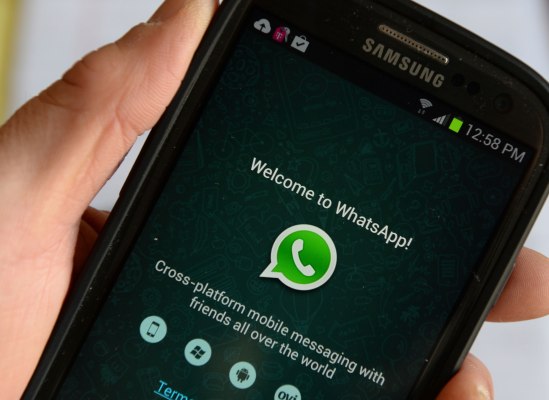It looks like Apple isn’t the only tech giant battling against authorities over privacy issues and court orders. Today it emerged that Facebook’s vice president in Latin America, Diego Dzodan, was detailed by police in Brazil in connection with an ongoing investigation involving WhatsApp, a messaging app owned by Facebook that has more than 100 million users in Brazil. Facebook has hit back claiming it cannot provide information it does not have.
Brazilian authorities have been requesting Facebook to release data in connection with a drug trafficking investigation it is conducting. Facebook has refused to comply. The standoff resulted first in WhatsApp’s service being suspended for 24 hours in December 2015 in Brazil, and now this arrest.
While Apple’s position in its ongoing battle with the FBI requesting access to a terrorist’s iPhone underscore’s the company’s wider stance on user privacy and existing security measures to safeguard this, in the case of Facebook, the company says it cannot provide information that it simply does not have.
“We are disappointed that law enforcement took this extreme step. WhatsApp cannot provide information we do not have,” a spokesperson said. “We cooperated to the full extent of our ability in this case and while we respect the important job of law enforcement, we strongly disagree with its decision.”
Contacted for comment, a Facebook spokesperson highlighted the disproportionate response, echoing Facebook’s response to the December ban.
“We’re disappointed with the extreme and disproportionate measure of having a Facebook executive escorted to a police station in connection with a case involving WhatsApp, which operates separately from Facebook,” a company spokesperson said. “Facebook has always been and will be available to address any questions Brazilian authorities may have.”
Although Facebook has extensive operations globally and the majority of its users are actually outside the U.S., the only office the company has in Brazil is a sales office, where there is no access to WhatsApp user information, and no one with the authority to make decisions for WhatsApp.
WhatsApp has always stated that it does not keep any records of the messages that people send on its service. To add more security in place for users, the company is also working on end-to-end encryption tools, its head Jan Koum said earlier this year.
The conflict in Brazil has been getting a mixed response locally. WhatsApp is a popular messaging service in the region, used by more than consumers to communicate with each other, and when it was banned in December, users in Chile and Argentina also claimed that their service was interrupted. While that ban had originally been scheduled for 48 hours, a judge overturned that ruling after a day.
